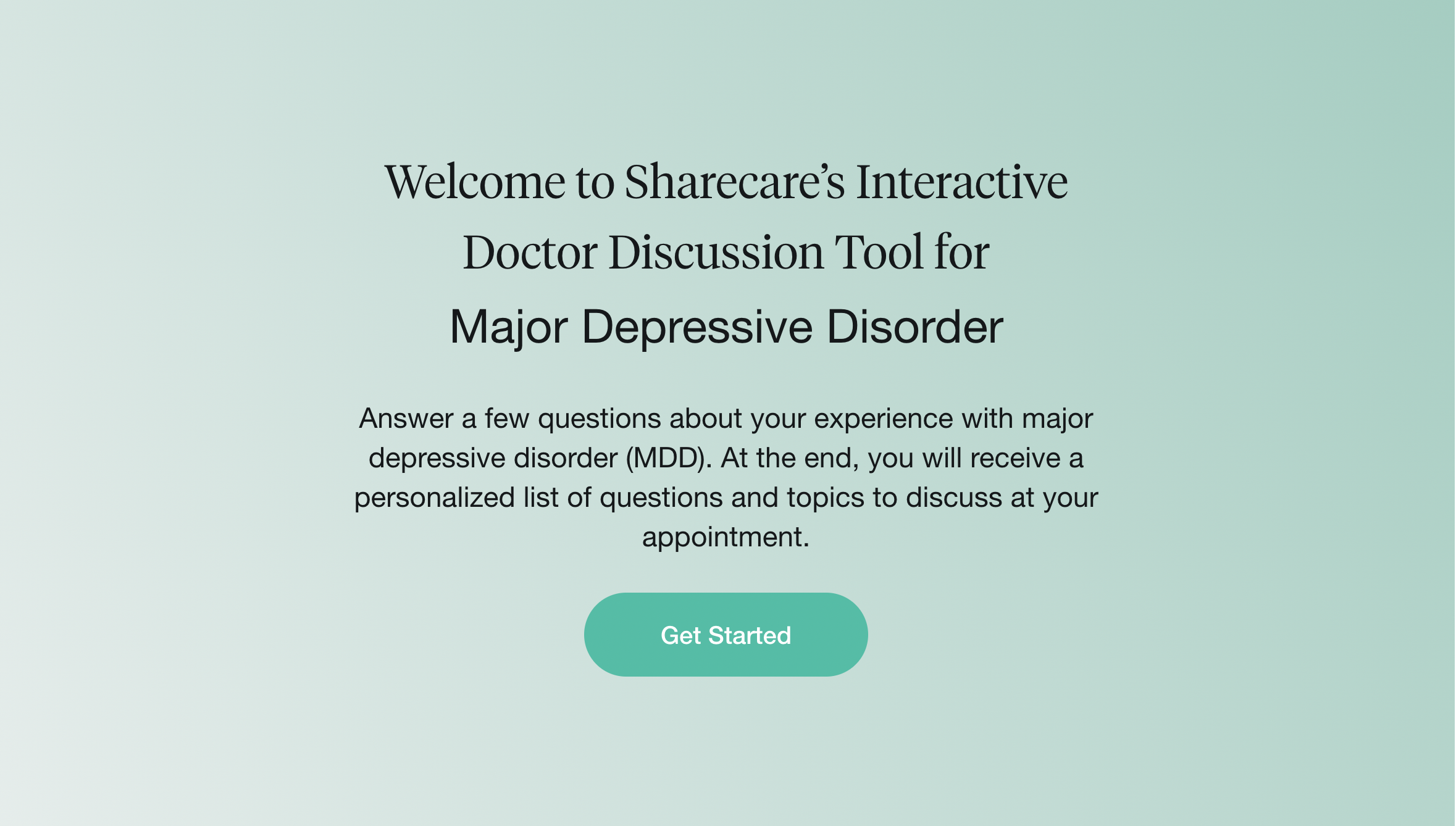Living with symptoms of major depression can be exhausting.
Also called clinical depression and major depressive disorder (MDD), major depression changes the way you feel, think, and act.
Major depression is a medical condition that requires treatment. However, seeking treatment is not always easy.
Many people do not know they are experiencing symptoms of depression. Many people struggle to have that initial conversation. They may feel it’s too much trouble, that things cannot get better, or that no treatment will work. They may be concerned that they will be stigmatized or judged for not being able to fix what’s wrong on their own.
Furthermore, having depression can make these barriers to treatment more difficult to overcome.
While the initial steps can seem difficult—or sometimes impossible—there are healthcare providers who can help.
If you are struggling with difficult thoughts, feelings, or emotions, these small steps can help you get started with treatment.
Be honest with yourself
Sometimes the most difficult conversations are the ones you need to have with yourself. Getting treatment for major depression begins by acknowledging that you are experiencing symptoms.
Writing down what you are thinking, feeling, and doing on a daily basis can help you recognize your experience.
It is also important to keep track of how long you have been experiencing symptoms—this is essential information for getting an accurate diagnosis.
Reach out to friends and family
Depression is not something a person should take on alone. If you are struggling, try to talk to a trusted friend or loved one. Friends and family can be a great source of support when seeking treatment for a condition like depression.
Not everyone has a close friend or a family member who they feel comfortable talking to—in fact, many people don’t. If this is the case, you may be able to find support from people in your community, such as a support group or a counselor.
Talk to a healthcare provider
This is the most important step a person with depression symptoms can take. Depression is a medical condition that will not get better on its own. It requires diagnosis and treatment. This begins by talking to a healthcare provider, who can help determine what is causing symptoms and find an appropriate treatment.
Recognize emergencies
If you or someone you know is having thoughts of self-harm, suicide, or violence, seek help immediately. Licensed mental health professionals are available at the National Suicide Prevention Lifeline. These professionals can listen to what you have to say and guide you through steps that can keep you safe. To contact the National Suicide Prevention Lifeline, call 1-800-273-8255 or call, text, or chat 988.






